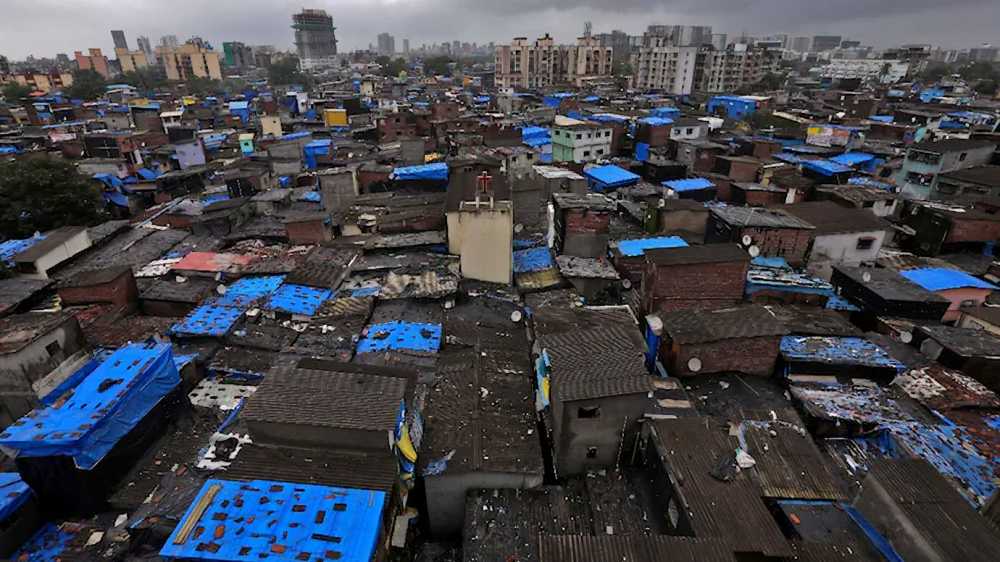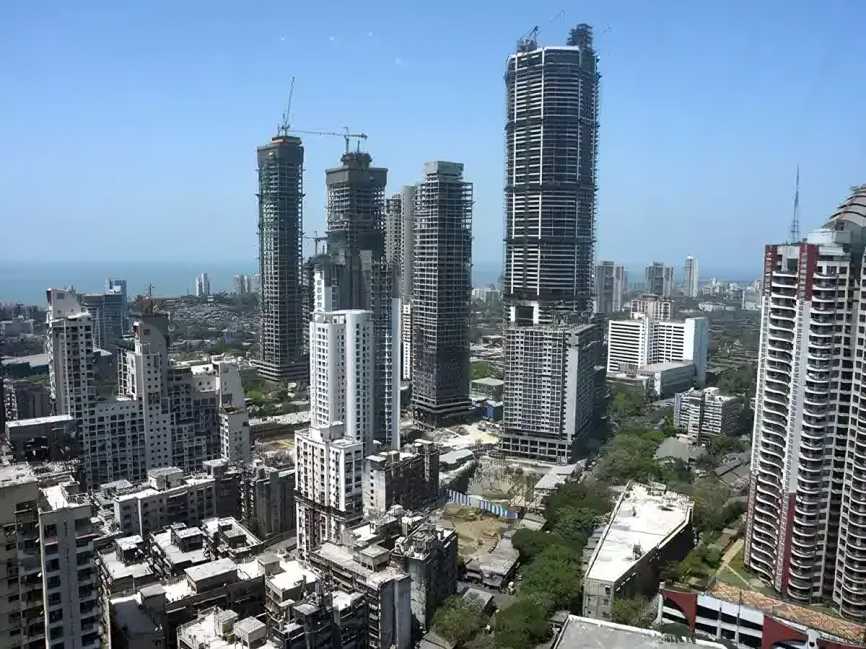September 30, 2025: A housing society in Goregaon (West), currently undergoing redevelopment, has faced delays after its appointed developer failed to obtain mandatory approvals for more than two years. Following termination of the development agreement, the matter went to arbitration, which ruled in favour of the society. The society is now seeking to appoint a new developer. However, concerns have arisen as potential developers are unwilling to take responsibility for liabilities created by the former developer, particularly towards buyers who had booked flats in the project.
Some experts have argued that under Section 15 of the Real Estate (Regulation and Development) Act (RERA), a new developer must assume such liabilities. However, the Bombay High Court’s judgement in Tuvin Construction v State of Maharashtra & Ors (delivered on 9 September) provides important clarification.
The court held that Section 15 applies only when an existing developer transfers majority rights and liabilities to another developer, in which case pending obligations to homebuyers must be honoured and MahaRERA approval secured with two-thirds consent of allottees. In cases where the earlier developer has been terminated and a fresh developer is appointed, Section 15 does not apply. The new developer must seek fresh MahaRERA registration but is not bound by the liabilities of the terminated developer.
The ruling further stated there is no privity of contract between the society or new developer and purchasers who had agreements with the former developer. Such homebuyers cannot compel the new developer or society to honour the earlier contracts. Instead, they must independently pursue claims for refunds, interest, or compensation through MahaRERA, consumer commissions, the NCLT, or civil courts.
While this legal position may disadvantage affected homebuyers, the judgment provides much-needed clarity for societies and developers engaged in stalled redevelopment projects.
Source:
















